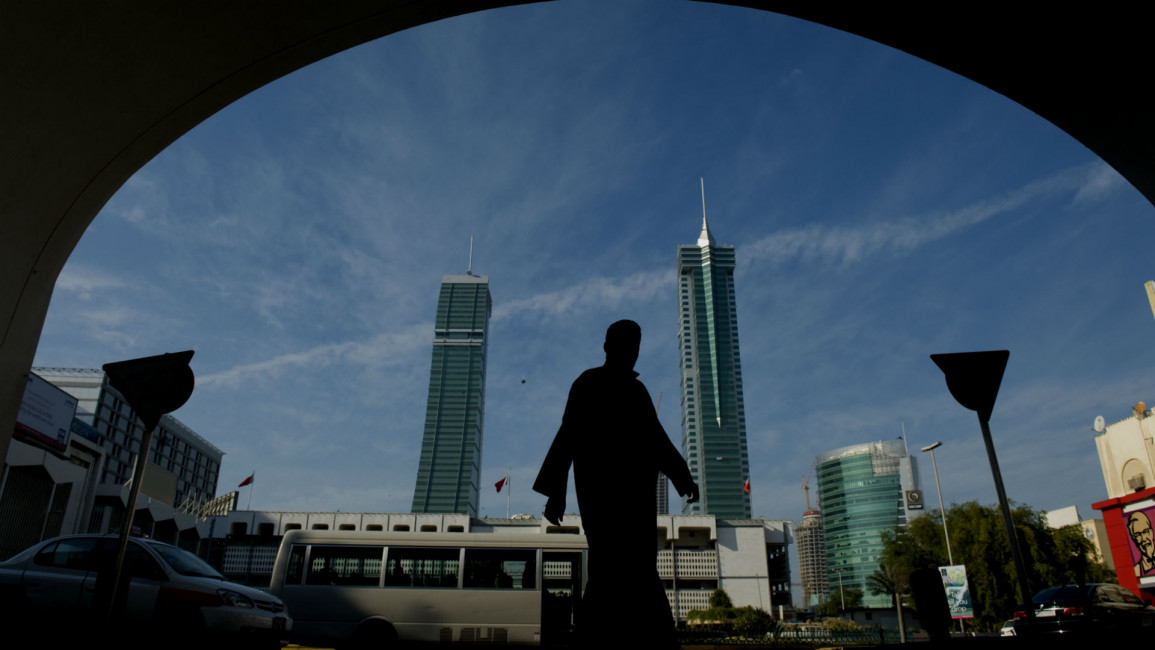Bahrain accuses shuttered bank of busting Iran sanctions
A former Iranian bank has been accused by the Bahraini government of operating a covert corruption scheme that allowed Tehran to circumvent international sanctions for over a decade.
Manama auditors allege that Future Bank helped Iran bust sanctions by concealing $7 billion in transactions, when many Iranian banks were barred from international markets.
The Bahrain-based Iranian bank used a number of concealment methods that allowed it to hide illegal financial transactions between Tehran and foreign parties, Manama alleges.
Bahrain filed a case in The Netherlands accusing Future Bank of a "vast range of illicit conduct" with foreign parties, The Washington Post reported Tuesday.
Auditors accuse the bank of financing terrorism, money laundering, and providing phantom loans to companies under the Iranian Revolutionary Guard Corps.
It describes the thousands of illegal transactions, it says it uncovered, as likely being "the tip of the iceberg".
"[Auditors" revealed crimes and violations of Bahraini and international law of massive proportions," Bahrain's Foreign Minister Khalid bin Ahmed al-Khalifa, told the Post in a statement.
These operations took place between 2004 until 2015 when the bank was formally closed by Bahraini regulators following earlier suspicions of money laundering.
The bank's two Iranian shareholders took this decision to The Hague, demanding the return of their assets.
Bahraini auditors then went on to claim that the bank used wire-stripping, a method of concealing the identities and sources of transactions on the international market.
Iran had been barred from the international SWIFT transactions, following US and UK blacklisting of the Iran-linked bank.
The country returned to the international fold in 2015, when Iran agreed a nuclear deal with international parties, including the US.
President Donald Trump has threatened to tear up the agreement from his side, while Gulf states have also increased their rhetoric against Iran.



